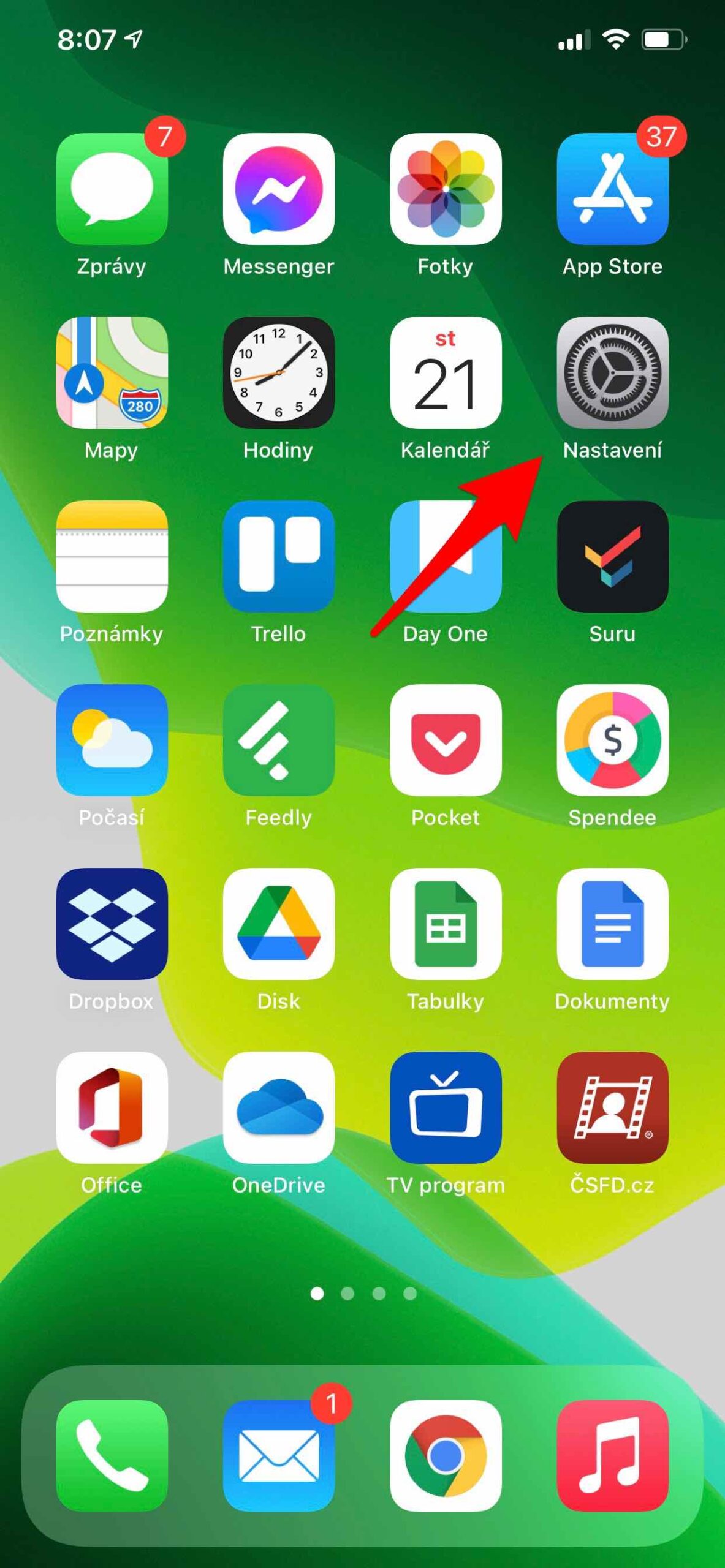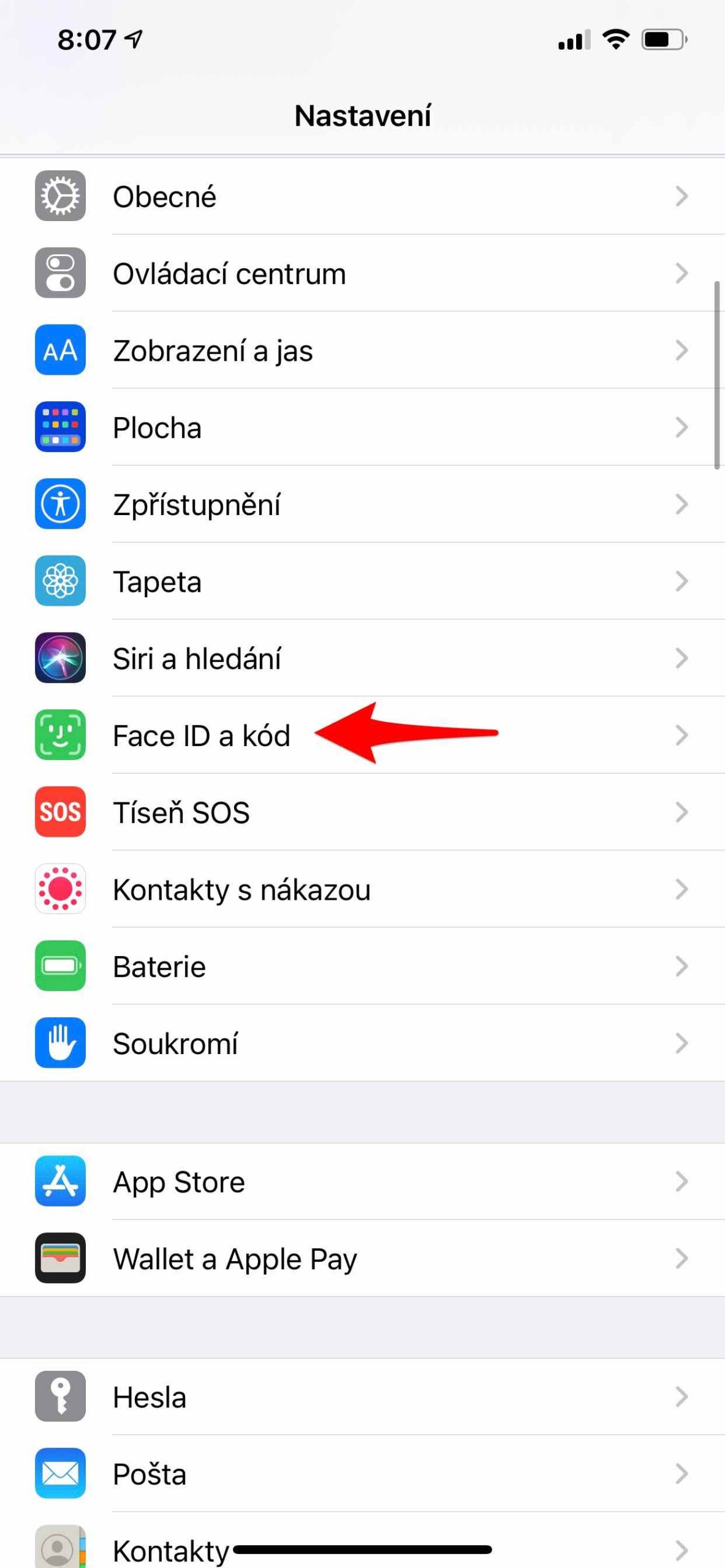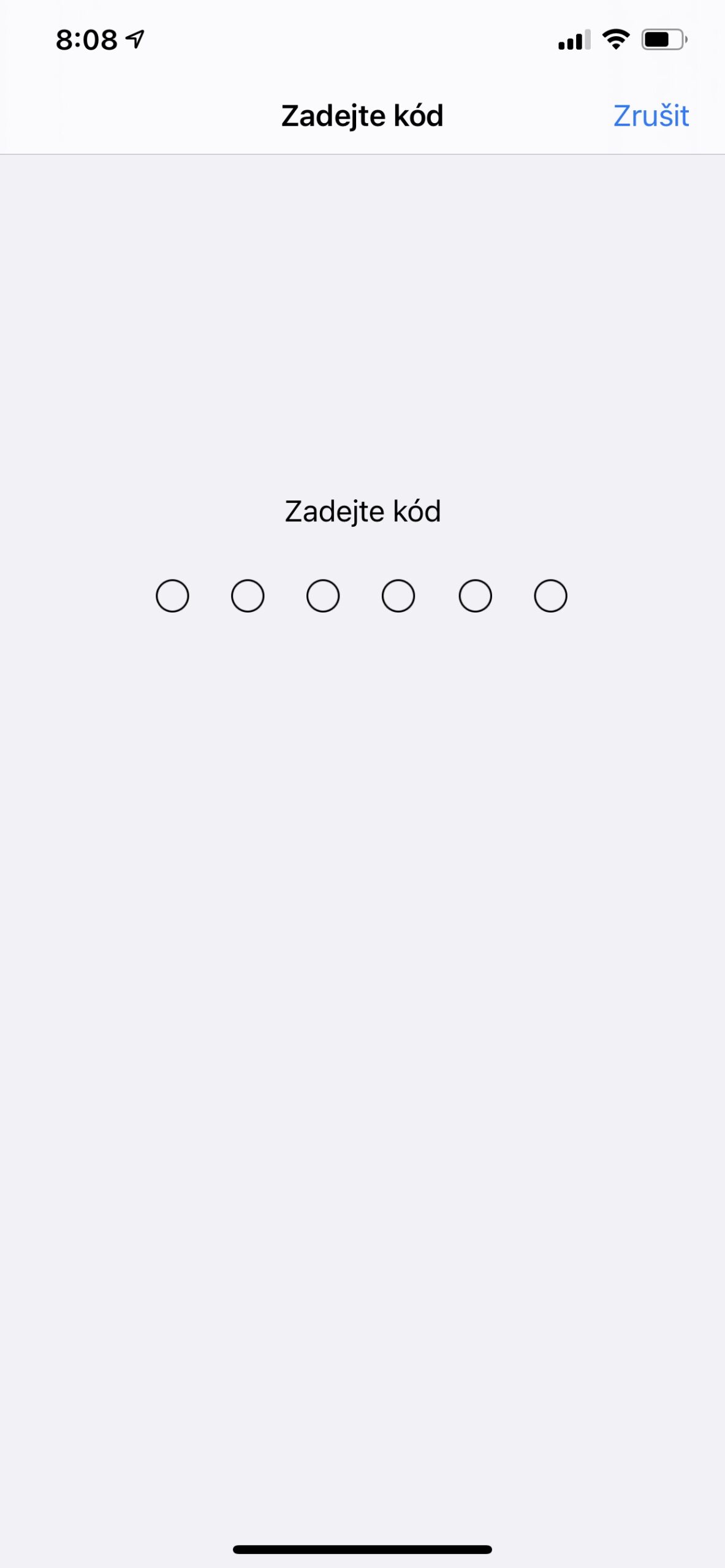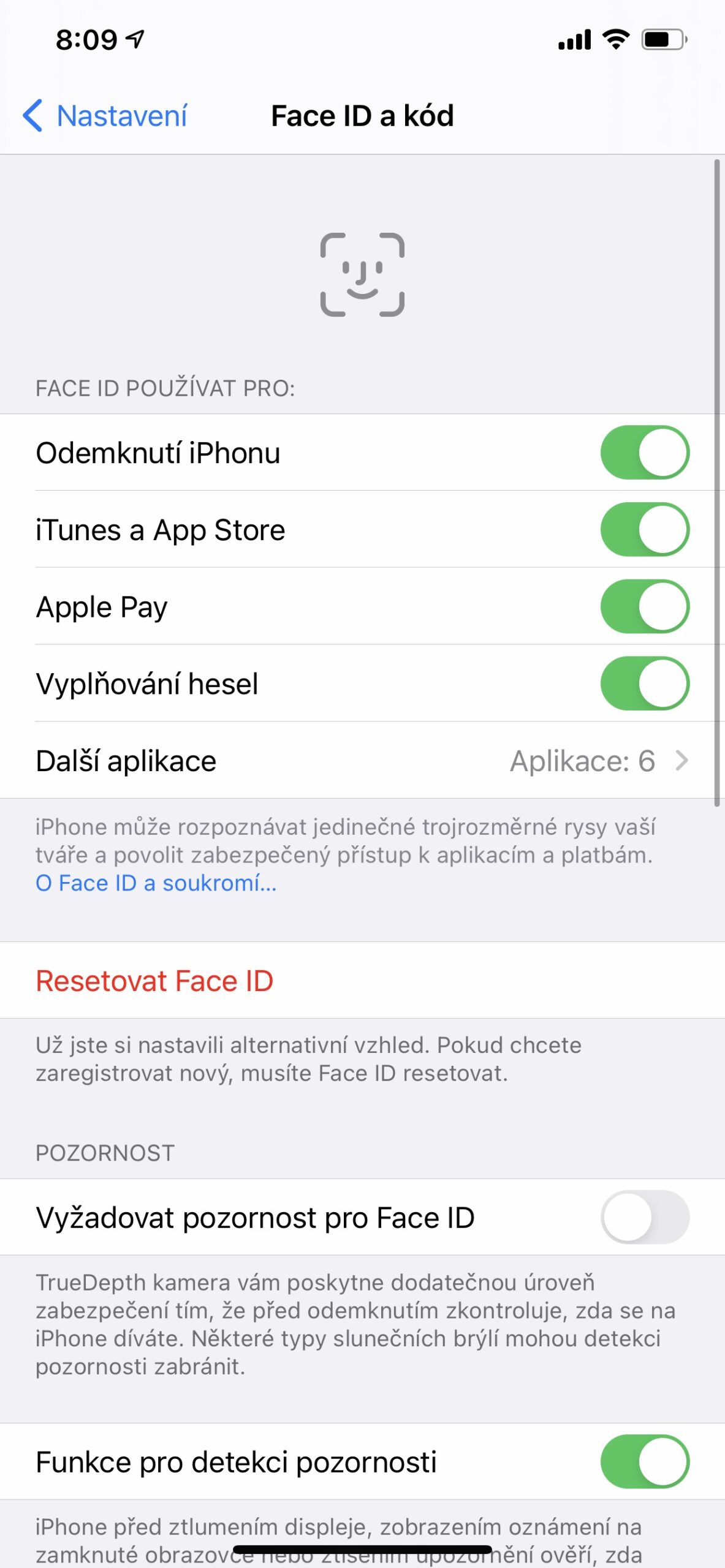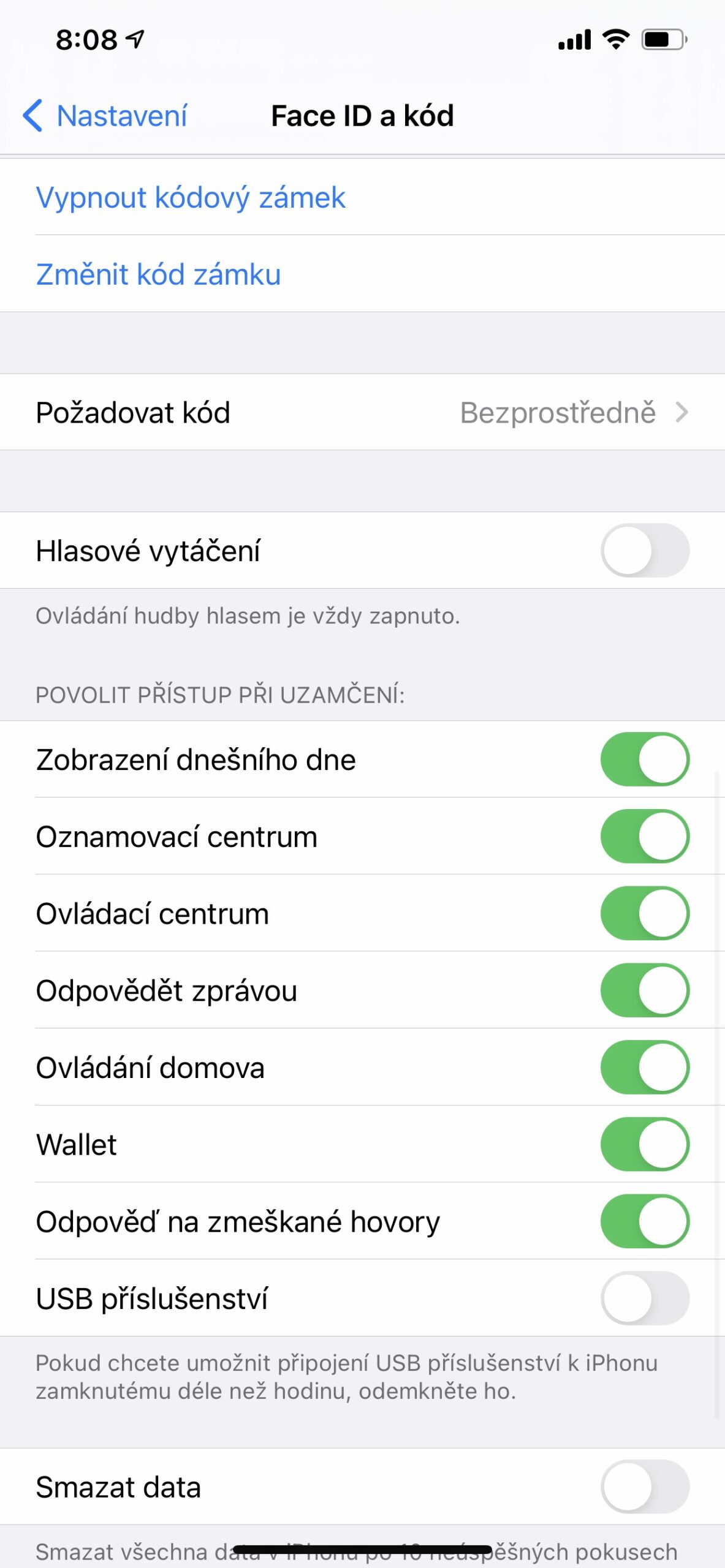iPhone and Apple are committed to protecting your data and privacy. That's also why it has built-in security features to help prevent the other party from accessing your iPhone and iCloud data. The present privacy protection thus tries to minimize the amount of data that others also have available about you (typically applications), and allows you to determine which information about yourself you want to share and which, on the contrary, you don't. Everything here revolves around Apple ID.
It could be interest you
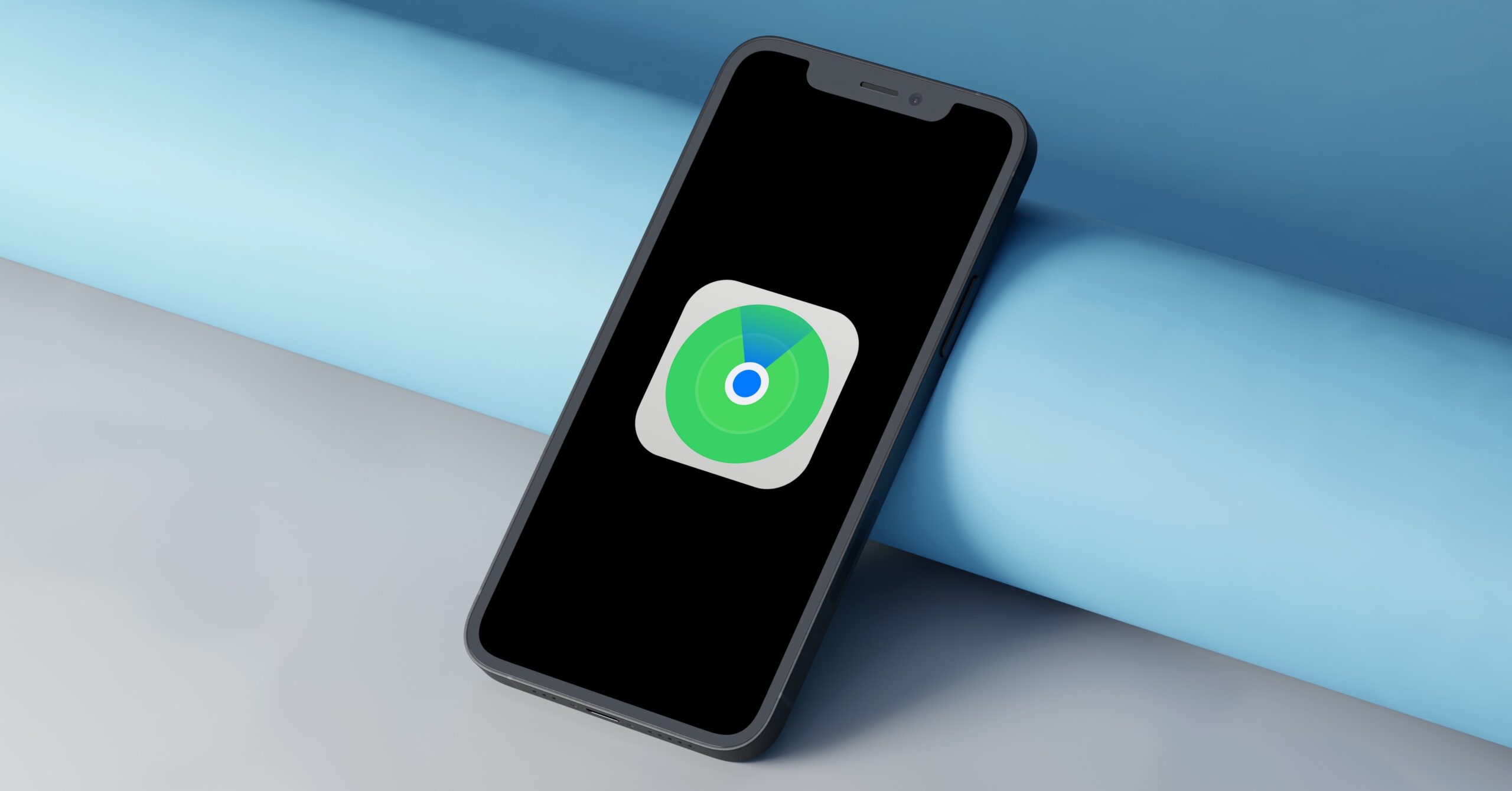
You use this account to access Apple services in the App Store, Apple Music, iCloud, iMessage, FaceTim, and more. It consists of the email address and password you use to log in. But it also includes your contact, payment and security information that you use for all Apple services. It claims to protect your Apple ID using the highest security standards. It simply wants to convey that your data will no longer flow from it, and that it rather puts the responsibility for possible "leaks" on the user - that is, on you. It is up to you to ensure that your Apple ID and other personal data do not fall into the wrong hands.
A passcode is the foundation of iPhone security. Here's how to set it:
Don'ts/Dos to keep your Apple ID safe
- Don't give your Apple ID to other people, nor family members.
- To share purchases, subscriptions, use a shared calendar, etc. without sharing an Apple ID, set up family sharing.
- Never share your passwords, answers to security questions, verification codes, recovery keys, or any other detailed account security information. Apple never asks you for this information, if someone else does, you should pay close attention.
- If you're accessing the Apple ID account page, you're in a web browser check that the address field shows a lock icon. This confirms that the connection is encrypted and secure.
- If you are using a public computer, always log out when you're done, to prevent other people from accessing your account. Also, of course, NEVER turn on autofill or save your logins or passwords on such machines.
- Beware of phishing scams. Of course, don't click on links in suspicious emails and text messages, and never provide any personal information to websites you're not sure about.
- Do not use your Apple ID password on any other online accounts. Create a new one, or use one automatically generated by various services (1Password, etc.).
 Adam Kos
Adam Kos 